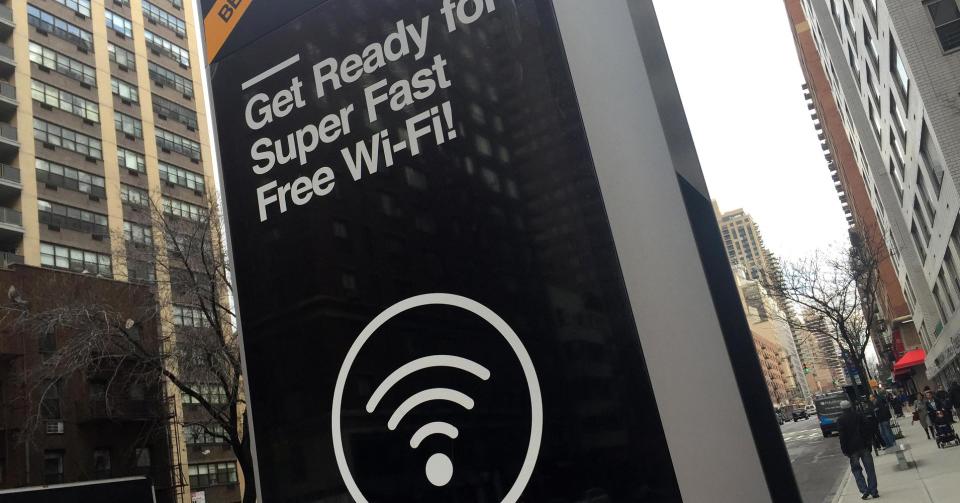Most people unaware of the risks of using public Wi-Fi

Millions of Americans who use public Wi-Fi do not realize that their personal information is at risk of being stolen, according to a survey released Tuesday by cybersecurity company Symantec (SYMC).
The survey, released Tuesday, found that 87 percent of U.S. consumers have used the readily available public internet, whether at a cafe, airport or hotel. The survey, an online survey of 1,025 people, was conducted in May.
"Think about the cost of being connected all the time. Nothing is free," said David Lee, a product manager for Norton. "The biggest threat is your data, traffic and identity could be completely exposed."
The level of ignorance is somewhat alarming. More than 60 percent of consumers think their information is safe when using public internet, according to the study. Only half of consumers think they are responsible for securing their information. Instead 17 percent think websites are responsible for protecting data, while another 17 percent think the Wi-Fi company is.
Common activities on public Wi-Fi include logging into a personal e-mail account (58 percent), logging into social media (56 percent) and accessing bank or financial information (22 percent). Another 13 percent have entered personally identifiable information. All of this information could be stolen if the Wi-Fi connection is unsecure.
Despite growing up with technology, millennials are more likely to exhibit risky behaviors. Nearly 95 percent of millennials have shared information while on public Wi-Fi, the largest percentage of any generation.
Millennials just focus on getting online, said Lee.
To protect yourself when using public Wi-Fi, Lee suggests consumers use a virtual private network (VPN), which will encrypt and anonymize traffic.
It's a step only 18 percent of consumers take, with 30 percent admitting they are unfamiliar with VPNs.
To set-up VPN, you need to download an app and then follow your smartphone's steps to set it up.
In addition to the study, Norton announced on Tuesday a new app, Norton Wi-Fi Privacy, which includes VPN features.
More From CNBC
Top News and Analysis
Latest News Video
Personal Finance

 Yahoo Finance
Yahoo Finance 
